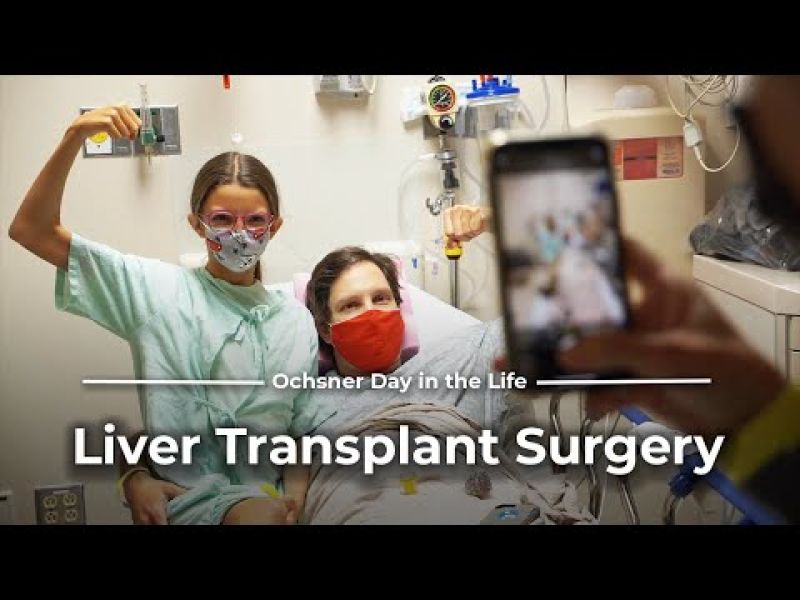Why choose Ochsner Health for your hepatology care?
At Ochsner Health, we are dedicated to helping you achieve better liver health through expert care and advanced treatment options. Ochsner hepatologists are here for you across Louisiana including New Orleans, Luling, Chalmette and Lafayette. Our hepatology team specializes in diagnosing and treating a wide range of liver conditions, from common concerns to complex issues requiring liver transplants. Whether you need care for nonalcoholic fatty liver disease or advanced liver disease treatment, Ochsner’s multidisciplinary approach ensures the best outcomes for patients across Louisiana and Mississippi.












